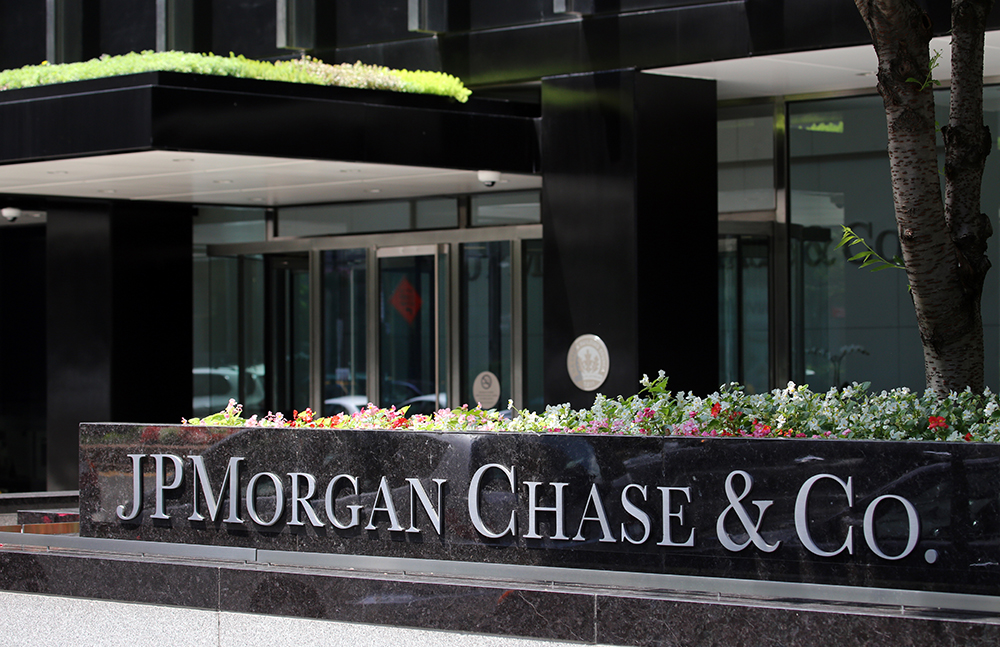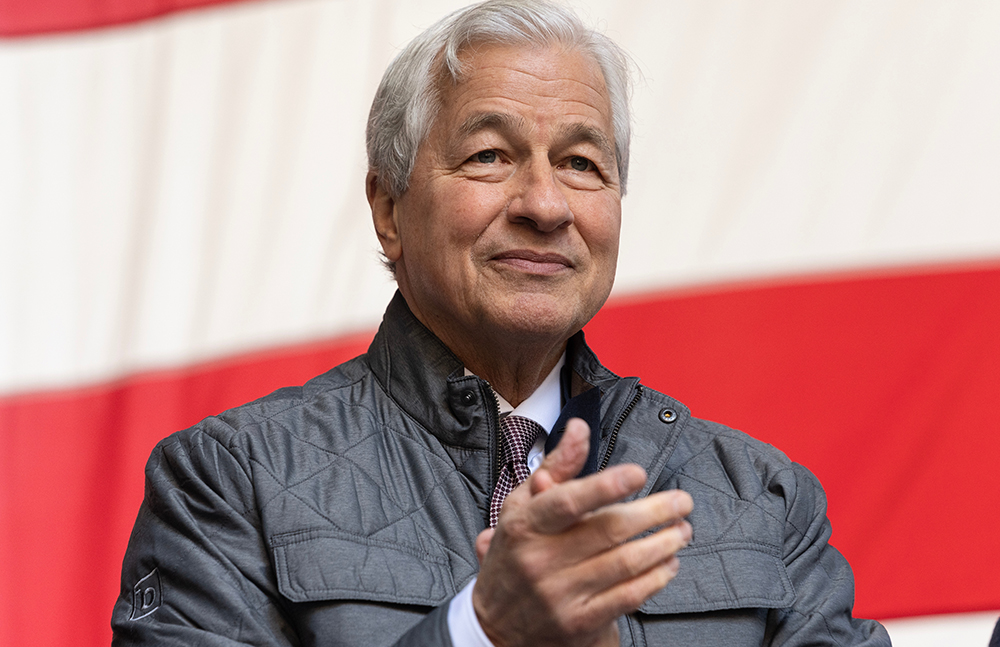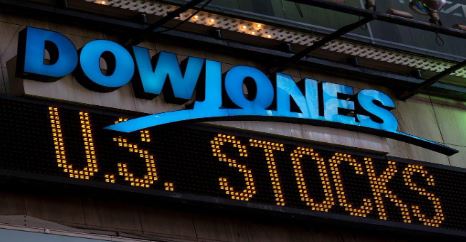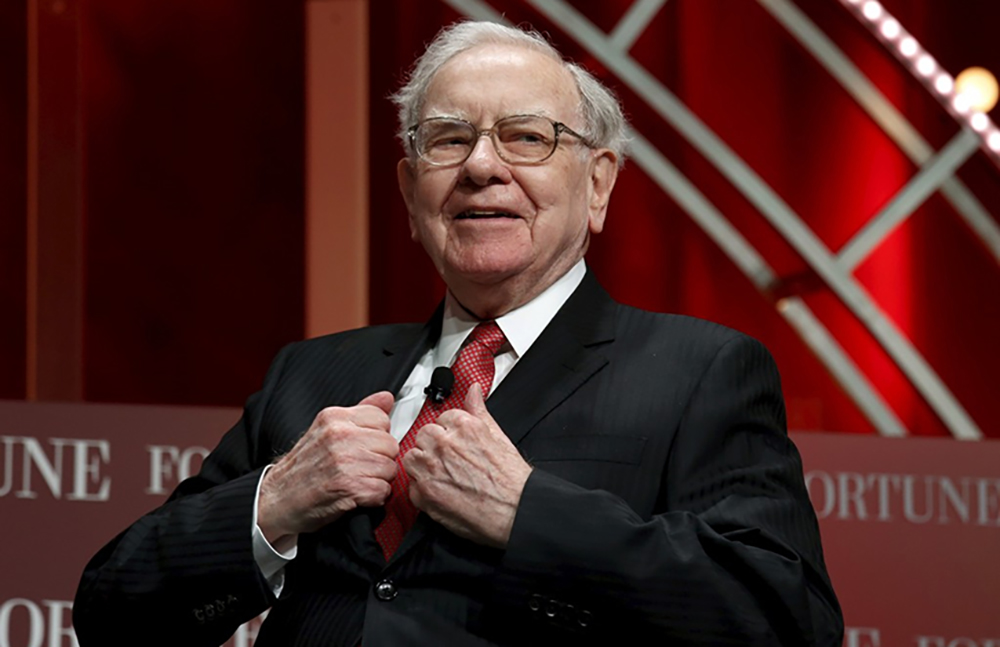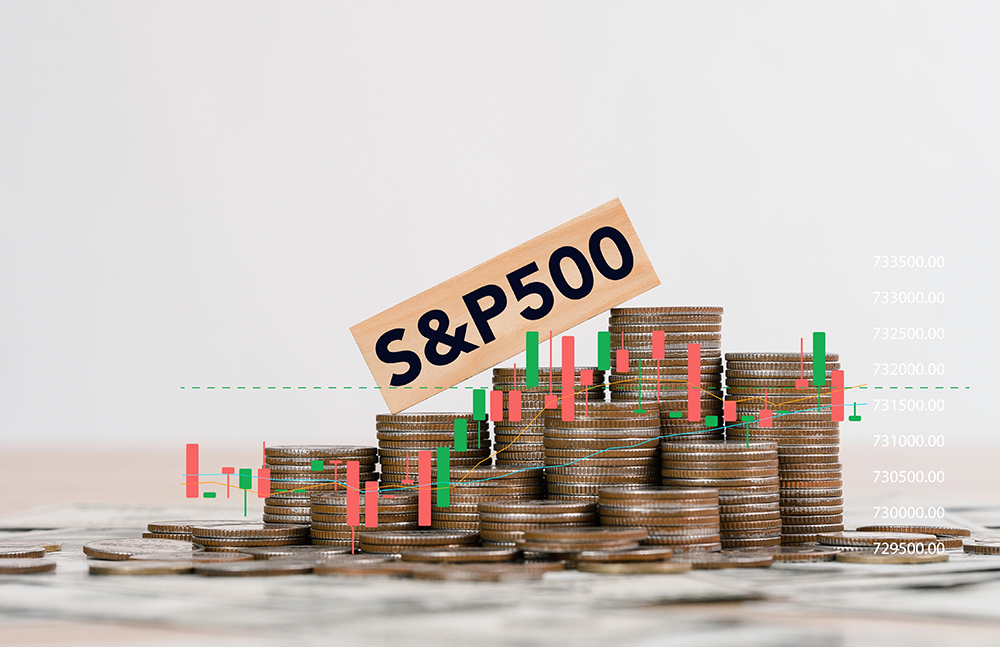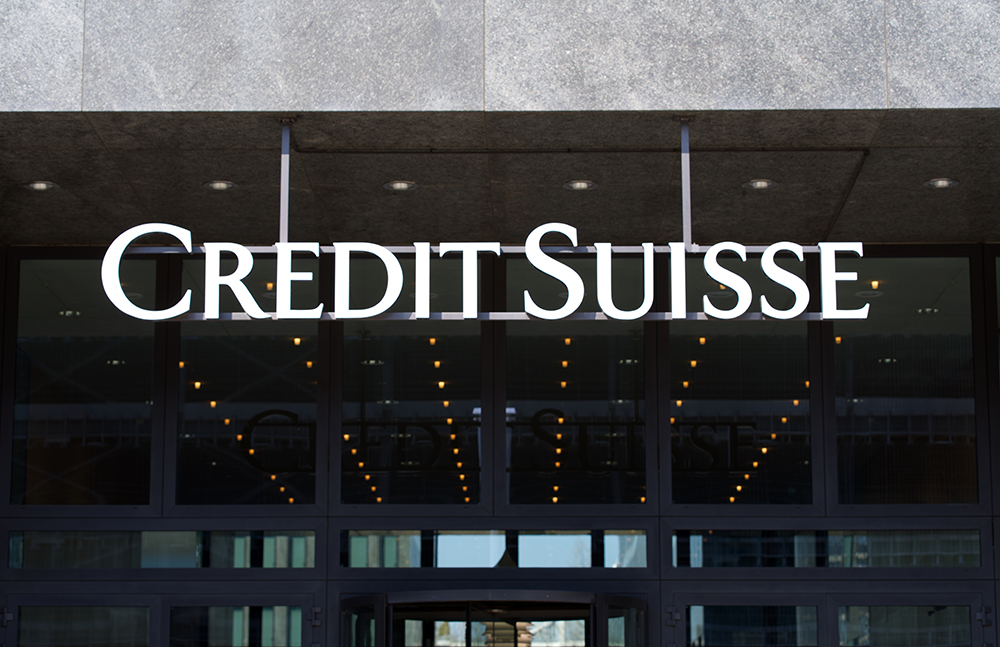
UBS and the Swiss government announced Friday that they had signed a loss protection agreement, which will take effect once the takeover of Credit Suisse has been completed. The Swiss government will cover losses of up to $9 billion Swiss francs ($10 billion) following UBS’ acquisition of its former rival. This is guaranteed on a “designated portfolio of Credit Suisse non-core assets,” once UBS incurs the first 5 billion Swiss francs in losses. “The priority for the federal government and UBS is to minimise potential losses and risks so that recourse to the federal guarantee is avoided to the greatest extent possible,” the Swiss government said in a statement.
The administration added that it had facilitated the deal to “safeguard financial stability and thus avert damage to the Swiss economy,” but had always agreed to guarantee a portion of losses due to UBS taking over a portfolio of assets that “do not fit its business and risk profile.” In return, the agreement states that, after the takeover, UBS must support the development of Switzerland’s status as a financial centre. The bank has confirmed intentions to keep the headquarters of the merged group in Switzerland for the duration of the loss protection provisions. “UBS will manage these assets in a prudent and diligent manner and intends to minimize any losses and maximize value realization on these assets,” UBS said. UBS Group shares were down 0.2% at 10:00 a.m. London time.


